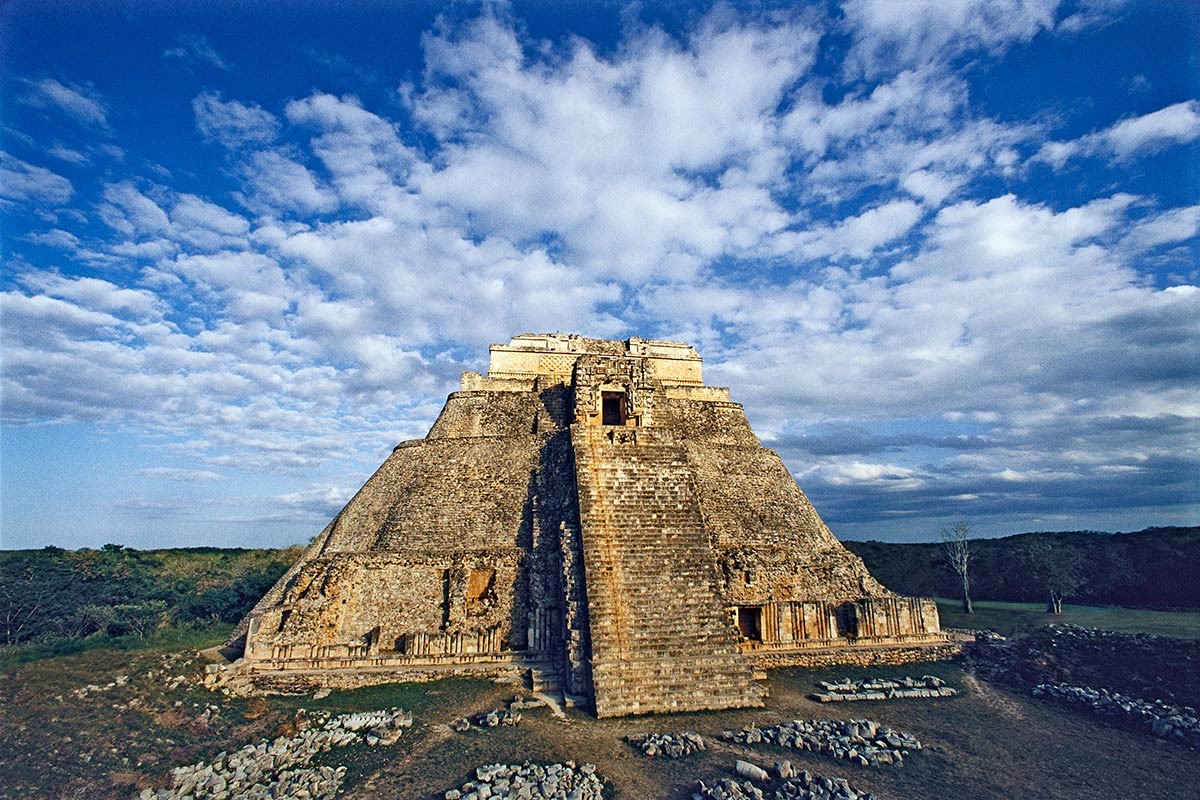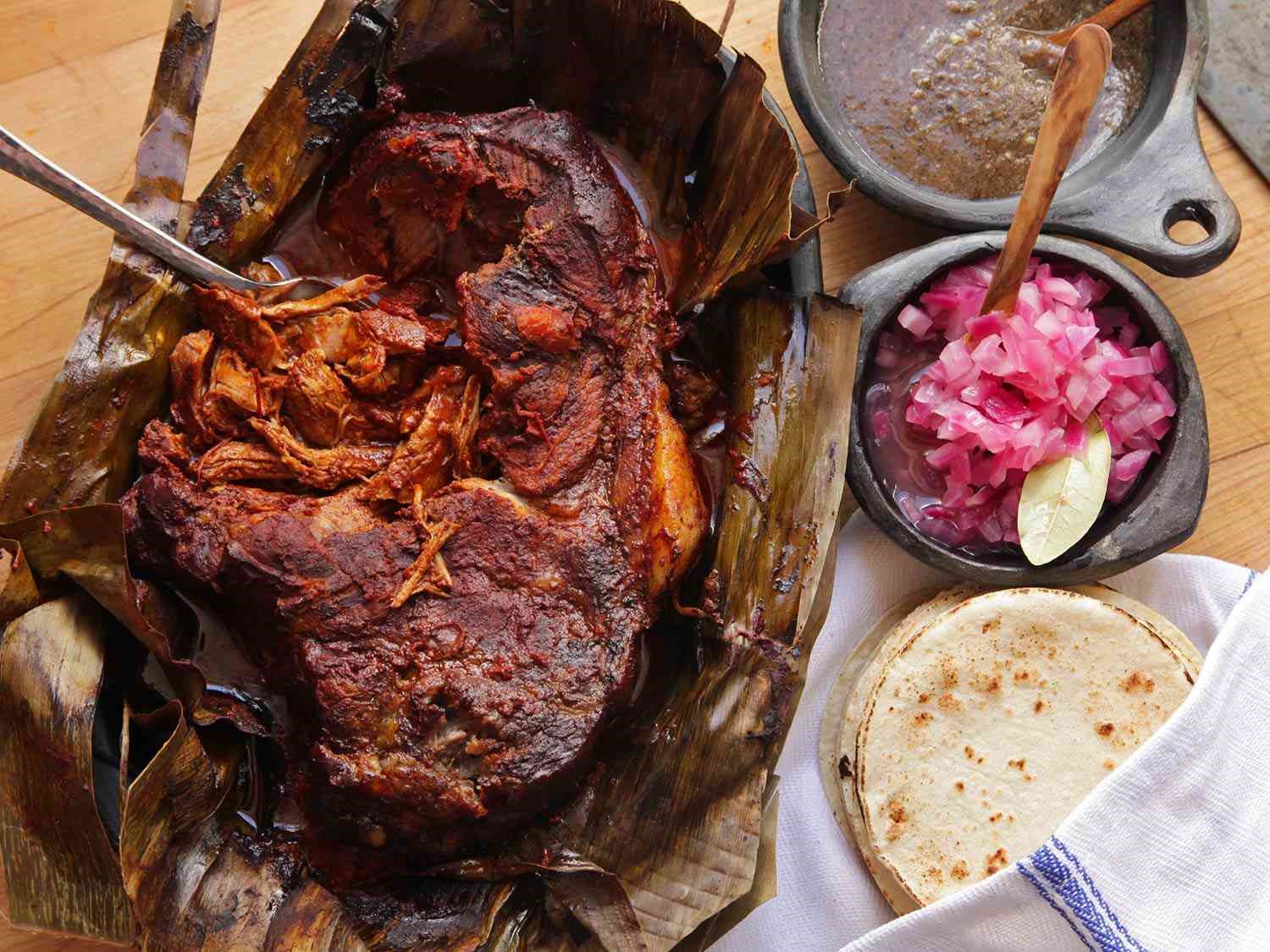CALL FOR PAPERS
Association of Global South Studies Annual Conference
https://apps.gsw.edu/agss/index.php/call-for-papers/
12-14 October 2025
Mérida, Mexico
Conference Theme: “The Global South in Perspective: Shifting World Order and Postcolonial Dynamics”
Countries that make up the Global South have experienced socio-political changes in the Twentieth and Twenty-first centuries. Buffeted by colonial hegemonic legacies and slow economic growth in the postcolonial milieu, numerous countries depend heavily on the Global North for survival, economic growth, and social viability. However, others have endeavored to shed the shackles of colonial hegemonic ideologies and cultural identities. Such endeavors have triggered a shift in geopolitical power dynamics and upended international relations. In other words, various countries in the Global South continue their march towards less dependency on the Global North, seeking to restore their diminished sovereignties by championing specific group interests within the ambit of a North-South tussle over global hegemony. The emergence of a multipolar world is pushing the limits of the old order of bipolarity. How does this global trend affect international relations? How does multipolarity intersect with globalization? How does the postcolonial deracinate the colonial, and does this trend impact the process of globalization?
Conference Venue: Hyatt Regency in Mérida, Mexico
Typically, 75-minute panels consist of three to four presenters. The deadline for proposals is Tuesday, 12 August 2025. Proposals and presentations can be in English or Spanish. The deadline for registering for the conference is Tuesday, 26 August. If a proposal is rejected and the applicant has already registered for the conference and decides not to attend, the registration fee will be refunded if the site coordinators are notified before Tuesday, 26 August. The registration fee includes the Opening Reception (Sunday, 12 October), coffee breaks on Monday and Tuesday, and the Awards Banquet (Tuesday, 14 October). Extra tickets for guests not registered for the conference to attend the Opening Ceremony and the Awards Banquet can be purchased online before Tuesday 26 August. Conference participants are responsible for investigating the need for travel requirements such as visas. Applicants will be informed within one week of submission if their proposal has been accepted.
Register and submit proposals online at: https://form.jotform.com/250754091407152
For registration and proposal questions, contact the program coordinators, Sabella Abidde at sabidde@alasu.edu and Joseph Bangura at jbangura@desu.edu.
Register for hotel rooms at the Hyatt Regency in Mérida at: https://www.hyatt.com/en-US/group-booking/MERID/G-AGS4
For the conference venue questions, contact site coordinator Ryan Alexander at
ralex006@plattsburgh.edu. Conference attendees are encouraged to arrive on Saturday, 11 October to participate in the full-day cultural tour on Sunday, 12 October. The conference hotel rate is good from 10 October to 17 October.
2025 Conference Registration Fees:
- Option 1: Global North Resident, Standard registration: $200. This includes a complimentary one-year membership in the association.
- Option 2: Global South Resident, Standard registration: $80. This includes a complimentary one-year membership in the association.
- Option 3: Lifetime Member registration: $140. Please contact Danielle Smith, the treasurer, at daniellesmith@georgiasouthern.edu to obtain a $400 lifetime membership.
- Option 4: Student registration, all regions: $80. This includes a complimentary one-year membership in the association.
Cultural enhancement activities in Mérida, Mexico
The Mexican state of Yucatán is located in the northern half of the Yucatán Peninsula of southeastern Mexico. The state’s capital is Mérida. For the last few thousand years, the Maya peoples have inhabited the entire Yucatán Peninsula, as well as surrounding regions. The physical “boundaries” of the ancient Mayan civilization spanned across a region that now includes parts of five nations. Since the Spanish conquest, Mérida has been the cultural capital of the Yucatán Peninsula. A delightful blend of provincial and cosmopolitan, it is a town steeped in colonial history. It’s a great place to explore, with narrow streets, broad central plazas, and museums. It’s also a perfect place from which to kick off your adventure into the rest of Yucatán state. It has excellent cuisine and accommodations, thriving markets, and events happening every night.
12 October Daytrip: Uxmal Archaeological Site and Hacienda Mucuyché
Uxmal represents the pinnacle of late Maya art and architecture in its design, layout, and ornamentation. The archaeological site of Uxmal is located in the center of the Puuc (“hill” or “chain of low mountains”) region. The area was a center for trade and the exchange of ideas with other parts of the pre-Colombian Maya World. Archaeological investigations and radiocarbon dating suggest that the main structures in the complex, including a series of hydraulic works [such as reservoirs for storing rainwater] were built between the 8th and 10th century. During this period Uxmal grew from a town into a major political and administrative center with over 20,000 inhabitants.

Uxmal is not laid out geometrically. Its space is organized in relation to astronomical phenomena, such as the rising and setting of Venus, and adapted to the topography of the site, made up of a series of hills. The main characteristic of Puuc architecture is the division of the facades of buildings into two horizontal elements. The lower of these is plain and composed of carefully dressed blocks broken only by doorways. The upper level, by contrast, is richly decorated with symbolic motifs. Some of the most important buildings at the site are the Pyramid of the Soothsayer, the Quadrangle of the Nuns, the Governor’s Palace, the House of the Tortoises, the Ball Court, the Great Pyramid, and the Pigeon House.

The Hacienda Mucuyché, built in the 17th century, was one of the most prosperous henequen plantations in the Yucatán. The Henequen industry [which dates back to the time of the Maya civilization, experienced its boom years from 1800 to 1910] was an agrobusiness of a plant native to the region. It was processed as a textile in various forms to obtain a range of products for domestic, commercial, agricultural and industrial uses. It was exported as binder twine for crops, rope for mooring ships, and cloth for sacks. The invention of synthetic fibers led to the decline of the industry during the 20th century.

In addition to an historic tour of the hacienda, visitors can enjoy lunch at the restaurant (offering à la carte Yucatecan cuisine) and two beautiful cenotes. Cenotes [naturally formed, water-filled sinkholes] are a significant natural wonder and cultural feature of the region. These unique geological formations are particularly abundant in Yucatan due to the peninsula’s porous limestone bedrock.

The daytrip, which departs the hotel at 8 AM after breakfast, includes roundtrip transportation from the conference hotel, professional bilingual guides, admission to the Uxmal archaeological site, admission to the Hacienda Mucuyché historical site [with a guided tour], and entrance to the cenotes with life jackets provided. Cuisine offered at the restaurant includes several meatless options, such as chaya Empanadas made with a local item similar to spinach.

In addition to tasty traditional food, the restaurant also offers tempting cocktails.

Cochinita Pibil in one of the most popular dishes in the region. The pork is marinated in citrus juice, adding achiote seed, wrapped in banana leaves, and cooked in an underground pit. For those who do not eat pork, many restaurants prepare a version made with chicken.
